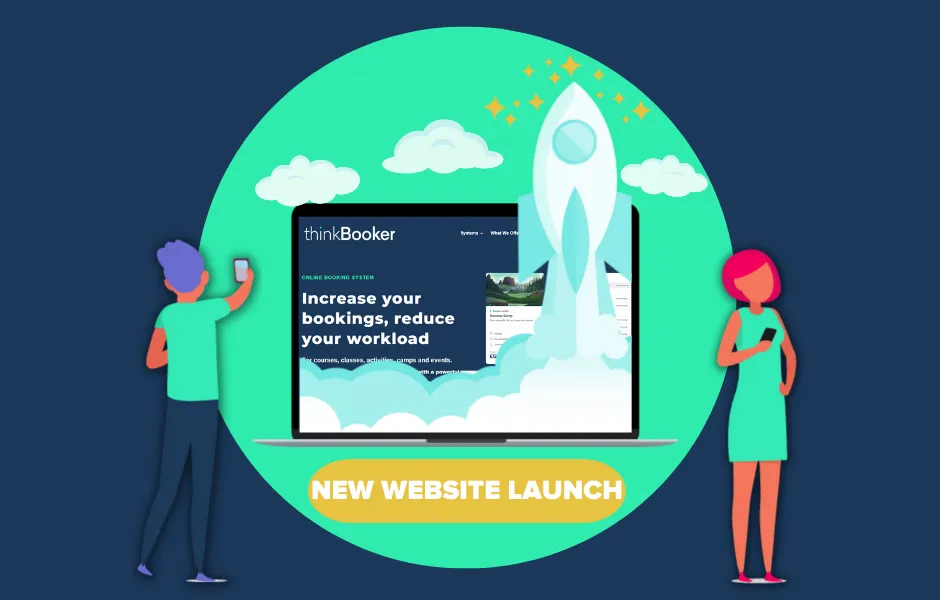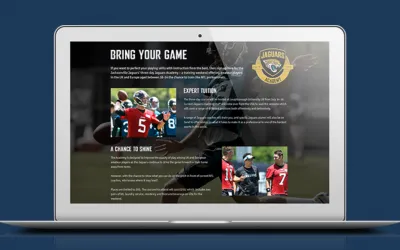The global pandemic and the restrictions on our daily lives have changed the way that people live, work, and learn. Training delivery methods have been affected, and training providers must continue to adapt to an ever-changing new normal if they are to survive, let alone thrive. In this article, we explore the key challenges that training providers will have to overcome in 2021; from the further development of online learning to maintaining quality teaching and the importance of technology to aid delivery, engagement and online bookings.
Capitalise on virtual delivery

[SOURCE: Accessplannit]
What was once a trickle towards digital transformation has suddenly, out of necessity, become an accelerated surge across the sector. Those organisations most likely to prosper will be the ones who embrace this digital change and future proof their models.
Social distancing and limits on safe capacities means a different approach is required for learners to receive a quality service. Training providers must capitalise on opportunities by developing virtual delivery channels, such as online lectures and webinars, while also ensuring that their learners are equipped to learn in this remote way.
While class-based, in-person courses are likely to return post-COVID, the relative ease to which learners have adapted to distance learning, and the technology available to fulfil this, suggests a future in which this type of delivery will be a key part of all successful training providers.

Maintaining quality and standards
This year, almost three quarters of learning providers feared they would not be able to teach to their usual standards because of social distancing and lockdown restrictions. Group work was cancelled, and their ability to interact with students effectively was hindered. A study in the Times Educational Supplement reported that a further 39% revealed that they couldn’t access their resources as usual, which had an impact on the standard of their teaching.
In 2021, training providers must invest in robust online teaching processes, and also provide trainers with the tools to teach remotely. Learners are likely to be concerned about how many contact hours they will have, so engagement between the trainers and the learners will be more important than ever.
If done right, it could mean that learners of the near future can expect a richer learning experience.
A well-designed course will include a clear structure, access to valuable resources such as videos, and activities to help learners master specific concepts and test their understanding. Research suggests that online learning increases the retention of information and takes less time, suggesting the changes caused by COVID-19 are likely here to stay.
A versatile online platform will allow trainers to keep track of their learners’ progress via learning analytics, while predictive modelling will alert them if a learner is likely to drop out and requires additional support. So, although there will be less face-to-face interaction, it is arguable that online learning will allow for better results and higher standards than ever before.

Practical challenges
Migrating training courses to online delivery can clearly be done with ease and to demonstrable advantage. However, that does not mean the end for class-based, face-to-face learning. There are still a great many professional courses and skills training that has a practical element that is best served ‘hands-on’ and in person. For example, First Aid, health & safety training, or the practical component of a driving course.
While the COVID-impacted contact restrictions may linger well into the new year, it will be crucial that training providers deliver their courses in a safe and responsible way that adheres to health and safety guidelines. They will need to create individual time slots to control the capacity of specific rooms, and they must ensure that everyone wears the correct PPE such as face masks.
A booking system would allow training providers to control their course numbers with ease, so that their learners enjoy the best possible learning experience whilst protecting themselves and others.
Looking Ahead
The changes to education and training brought upon by COVID-19 are set to stay for the immediate, if not long-term future. The move to online learning will be a catalyst for creating new, more effective methods of educating people. After experiencing the benefits first-hand, many providers plan on making e-learning part of their ‘new normal’, and it is highly unlikely that they will revert back to methods used before the pandemic.
At thinkBooker, we specialise in online booking systems for training courses, classes, activities and events – optimised for efficiency, growth and ongoing client satisfaction.
Browse the site to learn more about course booking systems, sports booking systems, event booking systems and more, or get in touch directly to find out how we can help you.
For more insights for training providers, have a look through our other blogs below:
Why a Course Management System Makes Less Become More
New Course Booking System for Interhigh School
Is Your Course Booking System Generating Revenue for Your University
6 Benefits of Resource Booking Software



